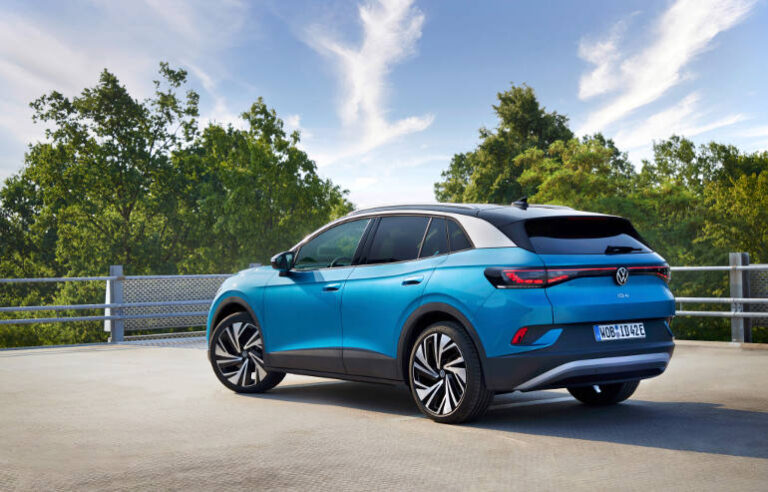Germany, Europe’s largest BEV passenger car market soaking up every fourth new pure electric car registered across the West European region (27% Nov 2023 YTD), has confirmed an early end to its purchases subsidies for electric cars, with applications no longer being accepted from Monday, December 18th, 2023.
PHEV models were taken out of the equation at the end of 2022 and purchases subsidies for corporate BEV purchases/leases from September 1, 2023.
The subsidy for private consumers was expected to be reduced in 2024 and be cut entirely from 2025.
However in order to pass its budget for 2024 the German government has been forced, by its own law, to cut several government funding projects, and in this case the EV subsidy pot.
Since 2016, introduced in a shot-gun manner following dieselgate and helping transition from diesel to EVs, the amount of subsidies handed out has surpassed €10 billion and benefitted 2.1 million vehicles, with 1.4 million BEVs in circulation at the end of November 2023, with the rest being PHEVs.
2024 is likely to suffer from a large fall in new BEV volumes, however, from 2025 when EU CO2 fleet emissions are cut, manufacturers are likely going to have to make up for the lost subsidies by offering lower-priced models to push EV volumes to meet CO2 fleet target goals which will be reduced by 15% over 2020/21 levels or a WLTP average of around 103g/km.
The cyclical nature of the corporate lease cycle should help here though, while corporate monthly benefit-in-kind fiscal benefits remain in place and could even widen over an ICE.
This will likely see lower trim level models introduced from the likes of Volkswagen (ID.3 only currently offered in the highest trim-level) and possibly include lower priced and slightly lower range models featuring LFP batteries.
Sources: BMWK, KBA, Schmidt Automotive Research’s European Electric Car Study.






